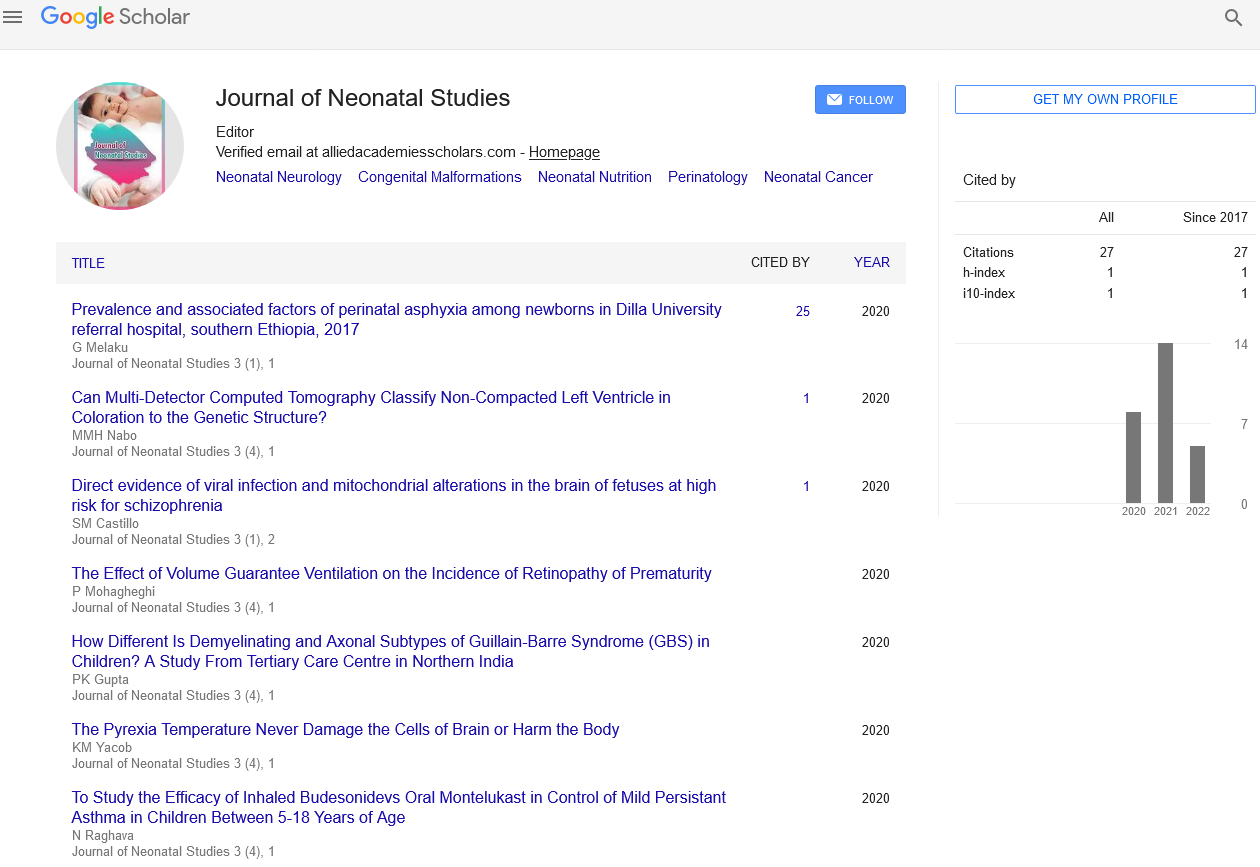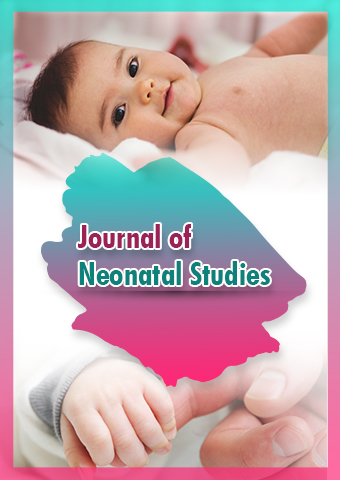Perspective - Journal of Neonatal Studies (2024) Volume 7, Issue 4
The Gut Microbiome and Metabolome Play Crucial Roles in Children's Health and Development
- Corresponding Author:
- Ponuku Bablu Samuel
Department of Chemical Engineering, Andhra University College of Engineering, India
E-mail: bablusamuel.ponuku@gmail.com
Received: 17-May-2024, Manuscript No. JNS-24-137933; Editor assigned: 20-May-2024, PreQC No. JNS-24-137933 (PQ); Reviewed: 03-Jun-2024, QC No. JNS-24-137933; Revised: 16-Aug-2024, Manuscript No. JNS-24-137933 (R); Published: 23-Aug-2024, DOI: 10.37532/JNS.2024.7(4).245-246
Introduction
The gut microbiome refers to the community of microorganisms, including bacteria, viruses, fungi, and other microbes, that reside in the gastrointestinal tract. These microorganisms perform essential functions such as aiding digestion, synthesizing vitamins, and protecting against pathogens. The metabolome, on the other hand, encompasses the complete set of small-molecule chemicals found within a biological sample, including the gut. The gut microbiome and metabolome are interconnected, with the microbiome producing various metabolites that can influence the host’s health.
Description
Importance of the gut microbiome in children
The gut microbiome begins to develop at birth and continues to evolve throughout childhood. Early life is a critical period for establishing a healthy microbiome, as it can influence immune system development, metabolic processes, and even brain function. A balanced gut microbiome is associated with better overall health, while dysbiosis (an imbalance in the microbiome) can lead to various health issues.
Factors influencing the gut microbiome and metabolome
Several factors can impact the composition and function of the gut microbiome and metabolome in children:
Diet: The type and diversity of foods consumed play a significant role in shaping the gut microbiome. Diets rich in fiber, fruits, and vegetables promote a diverse and healthy microbiome, while high-fat and high-sugar diets can lead to dysbiosis.
Antibiotic use: Antibiotics can disrupt the gut microbiome by killing beneficial bacteria along with harmful ones. This disruption can lead to imbalances and increase the risk of infections and other health issues.
Mode of delivery: Children born via cesarean section may have different gut microbiome compositions compared to those born vaginally. Vaginal delivery exposes infants to beneficial bacteria from the mother’s birth canal, which can help establish a healthy microbiome.
Breastfeeding: Breast milk contains beneficial bacteria and prebiotics that support the growth of a healthy gut microbiome. Breastfed infants tend to have more diverse and balanced microbiomes compared to formula-fed infants.
Environmental factors: Exposure to diverse environments, such as playing outdoors and interacting with animals, can positively influence the gut microbiome by introducing a variety of microorganisms.
Impact on health and disease
The gut microbiome and metabolome have been linked to various health outcomes in children:
Immune system development: A healthy gut microbiome is essential for the proper development of the immune system. Dysbiosis can lead to immune dysregulation, increasing the risk of allergies, autoimmune diseases, and infections.
Metabolic health: The gut microbiome influences metabolic processes, including energy balance and nutrient absorption. Imbalances in the microbiome can contribute to conditions such as obesity, type 2 diabetes, and Non-Alcoholic Fatty Liver Disease (NAFLD).
Neurodevelopment: Emerging research suggests a connection between the gut microbiome and brain function, known as the gut-brain axis. A healthy microbiome may support cognitive development and reduce the risk of neurodevelopmental disorders such as Autism Spectrum Disorder (ASD).
Gastrointestinal disorders: Conditions like Inflammatory Bowel Disease (IBD), Irritable Bowel Syndrome (IBS), and celiac disease have been associated with alterations in the gut microbiome. Restoring a healthy microbiome through diet, probiotics, and other interventions can help manage these conditions.
Research and future directions
Ongoing research aims to further understand the complex interactions between the gut microbiome, metabolome, and host health. Studies are exploring the potential of personalized nutrition, probiotics, and Fecal Microbiota Transplantation (FMT) as therapeutic interventions for various health conditions. Additionally, advancements in sequencing technologies and metabolomics are providing deeper insights into the gut microbiome and its metabolic functions.
Conclusion
The gut microbiome and metabolome are integral to children’s health and development. A balanced microbiome supports immune function, metabolic health, and neurodevelopment, while dysbiosis can lead to various health issues. Understanding the factors that influence the gut microbiome and metabolome, as well as their impact on health, is essential for developing effective interventions and promoting overall well-being in children.

